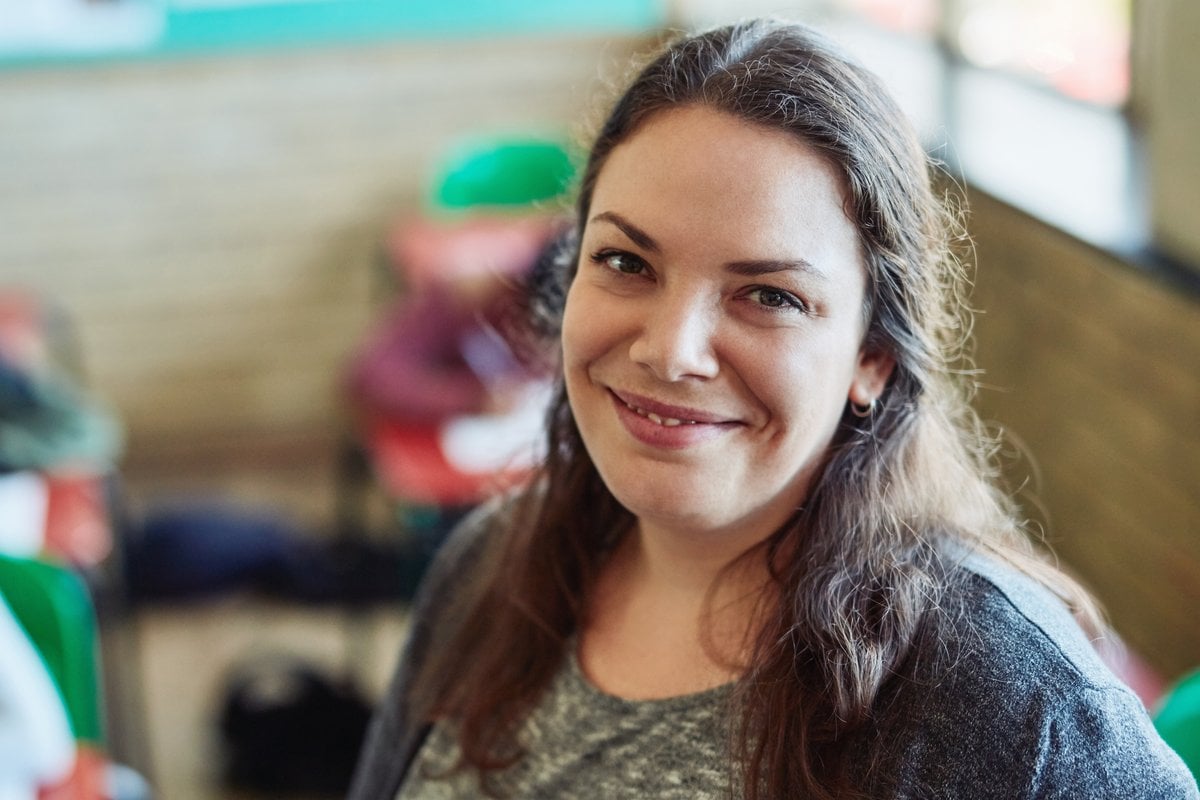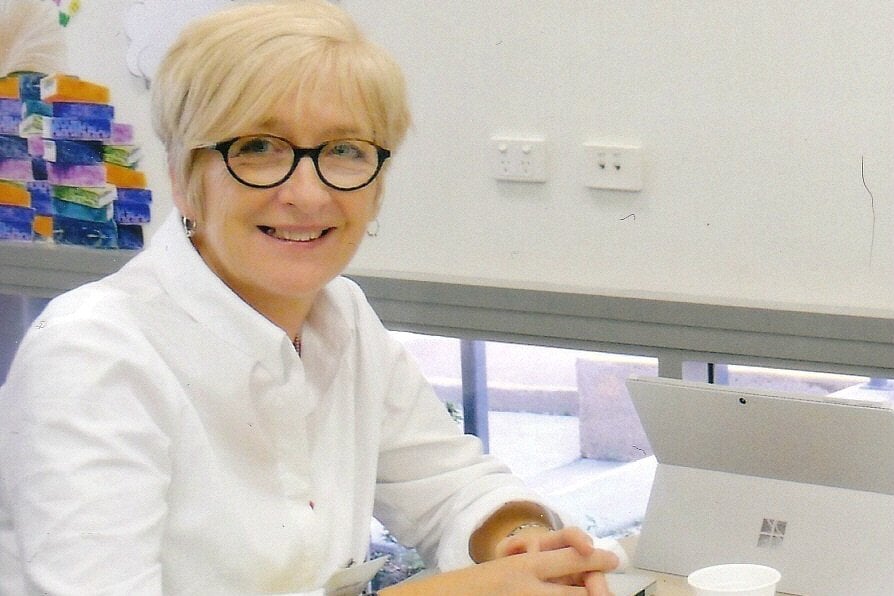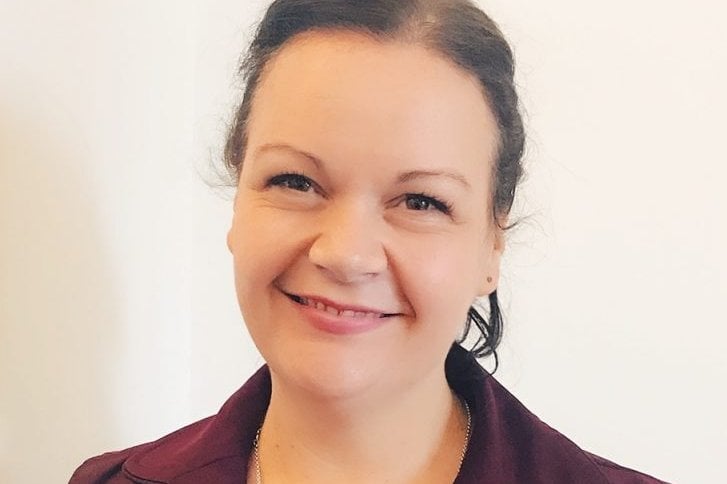

Daunting, nerve-wracking and overwhelming - these are just some of the words I would use to describe my emotions when my first child started school (and then again, when my second did too).
As a parent, watching your child starting school or even going back to school for a new year can be full of unknowns. But one thing I did know, as an ex-teacher myself, was that establishing an open and reciprocal relationship with my children’s school and their teachers was key.
Doing this would help me feel much more confident and assured as I waved goodbye at the school gates as my children head off on their learning adventure.
Siobhan Allen (Executive Director of Catholic School Parents WA) and Laura Allison (Team Leader of Psychology, Catholic Education WA) believe that staying connected and being proactive by asking your child’s teachers questions can be a powerful and informative action.
I spoke to both of them to see what questions they feel would help benefit the parent-teacher relationship throughout the year, to set your children up for success. Here are their top five questions to ask.
1. Can you tell me the best time and way to contact you? (Not just to address concerns but to check in from time to time on how my child is tracking.)
Siobhan tells Mamamia that asking this question "demonstrates from the outset your commitment and willingness as a parent to engage in your child’s educational journey".
"It also tells the teacher that you respect the fact that it is best to talk at a mutually convenient time rather than to interrupt the start of his/her day by approaching them at drop off time or some other time when the teacher is busy teaching," she says. "This helps everything to start on a positive note."



